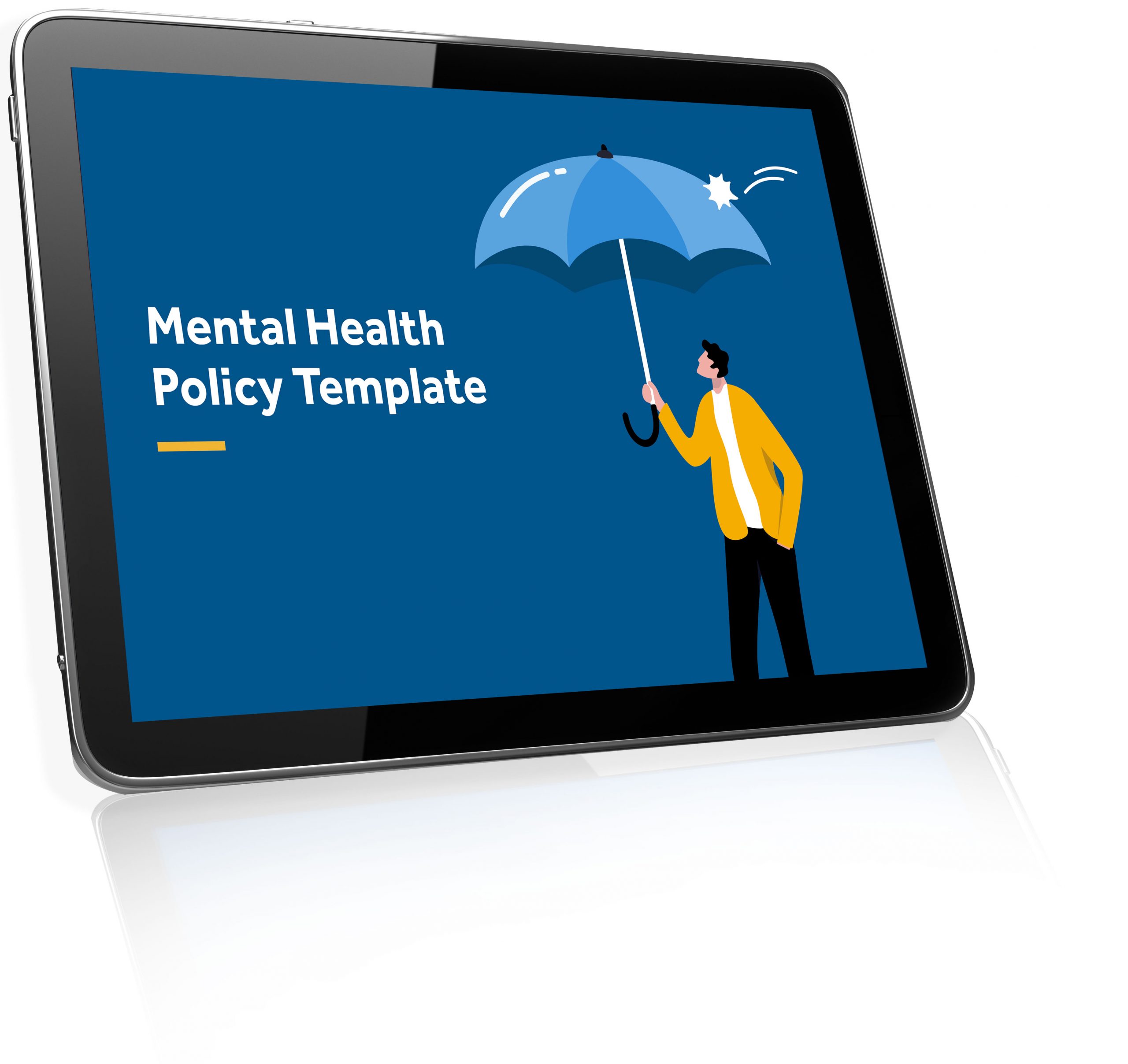
You’ll hear countless employers and employees discussing the importance of “work-life balance” these days. But what does it mean?
Achieving work-life balance involves an employee being able to equally prioritise the demands of their career and having an enjoyable private life. An employee who has this balance in place is likely to be successful and fulfilled inside and outside of the workplace.
Unhealthy patterns of work and unsustainable work cultures can lead employees to feel overwhelmed by their professional responsibilities. If they work too hard or for too long, staff are unlikely to have enough time or energy to enjoy a full and rewarding personal life. This can negatively impact their physical and mental health, personal relationships, and overall well-being.
A study conducted in the US indicates that more than 60% of employees feel they don’t have a healthy work-life balance. If you’re a small business owner, how can you achieve a healthier work-life balance for your employees?
Why is a good work-life balance important?
There have been numerous studies that suggest employees don’t produce more if they work more hours. These studies are useful to remind employers that longer hours do not translate to higher output. However, the impact on employee health increases dramatically if employees work excessive hours.
Poor work-life balance can have a more significant impact than just a lack of time for hobbies and personal interests. Employees who work long hours or struggle to find a balance between their personal and professional lives are more likely to:
Struggle with fatigue and burnout.
Face anxiety, depression, and other mental health issues.
Develop other stress related health issues.
Take a period of stress leave.
Remember, if you don’t create the right conditions for your staff to enjoy quality time outside of work, they may be tempted to seek out a new job with another business offering a better balance.
It’s also important to understand that work-life balance is a fluid concept. What represents a good work-life balance for the staff in your business will depend on what your employees do and the industry you’re in. Before you make any changes, speak to your staff and find out about the lifestyle they’d like to achieve.

Want to improve the mental health of your staff?
A happy employee is a productive employee, which means having a solid mental health policy is crucial to the success of your business. If you want help putting one in place, our FREE Mental Health Policy Template is suitable for most businesses.
What does poor work-life balance look like?
With more businesses embracing working remotely and flexible work arrangements, home and work life integration is on the rise. This means it’s getting trickier and trickier for employees to separate work from the rest of their lives.
Employees are attending virtual meetings in their living rooms, trying to juggle lunch with a looming project deadline, or working on tomorrow’s presentation in bed late at night This is exactly what poor work-life balance looks like. However, it doesn’t have to take place remotely. A lack of balance can occur in any work setting.
An individual who lacks balance works longer hours, dedicates a disproportionate amount of energy to professional obligations, and has little personal time for other equally important parts of life, such as leisure activities. or spending time with family, friends and loved ones. Ultimately, this approach is unsustainable, and does little to help workers perform in the long run.
Creating a work-life balance in small businesses
The best way to achieve balance for you and your employees is to start small and take it one step at a time. These tips should help you build the right foundations:
Set boundaries
Setting clear boundaries about what how and when employees do (or don’t do) certain things in the workplace is a critical first step to achieving balance. Boundaries can be in the form of:
Asking staff to take lunch breaks away from desks.
Screen-free time on certain days.
Early finish times on Fridays and weekends.
Create rules and stick to them
Set rules that the whole company will work by and follow. Define work-related tasks that staff cannot complete during personal time. These rules can be simple, such as not sending emails to colleagues after a set time, not checking and responding to emails after work hours, or not taking business calls during evenings, weekends or days off.
Take breaks
Give your employees regular breaks throughout the workday and encourage employees to take their breaks away from their desks. They might even go for lunch or a walk outdoors with their teammates. By encouraging staff to socialise together, you’re helping to create a healthier balance while they’re still in the workplace.
Encourage staff to enjoy a private life
Whenever possible, approve leave requests submitted by your employees. This gives staff the chance to spend time enjoying personal activities.
If a staff member is on leave, make sure they don’t have to respond to work calls or emails. Short of an emergency, an employee should never have to deal with work-related issues on their days off.
Finally, you could also include a gym or fitness membership in your benefits package. Encouraging workers to stay physically and mentally healthy outside of work will increase productivity, boost their performance and improve job satisfaction.
How can Employsure help?
Employsure has worked with 35,000 business owners across Australia and New Zealand. We know exactly what it takes to create a happy, healthy environment where staff can perform their best work. Call our FREE 24/7 Advice Line on 0800568012 to get all your questions answered.
